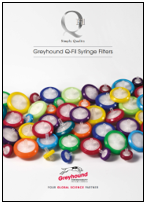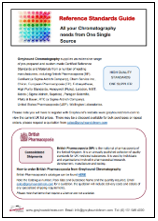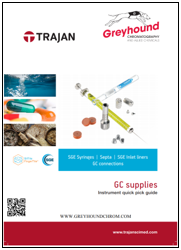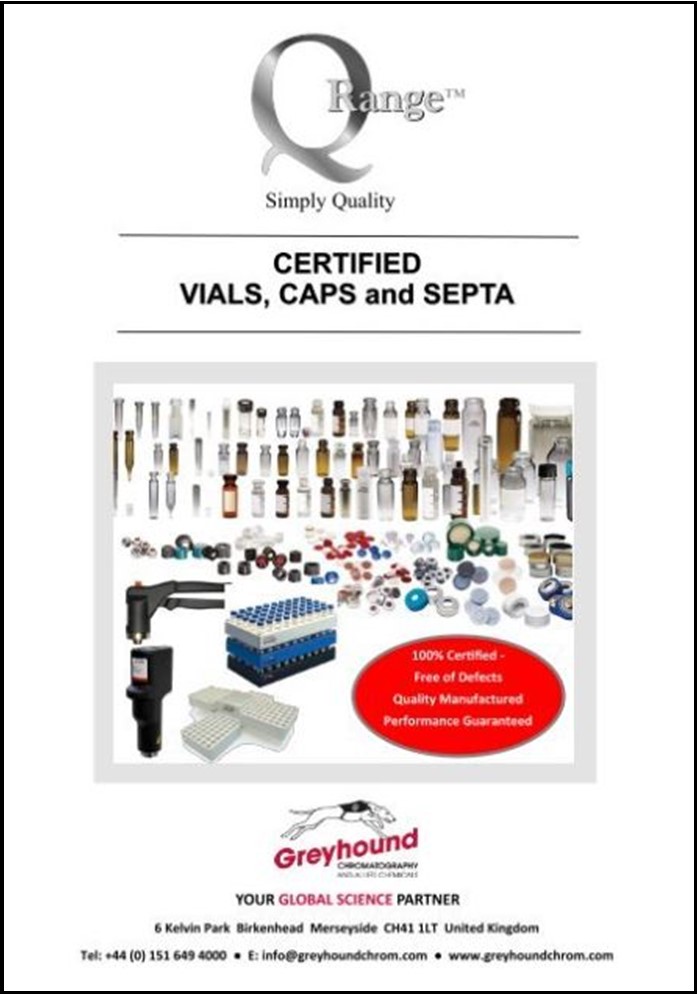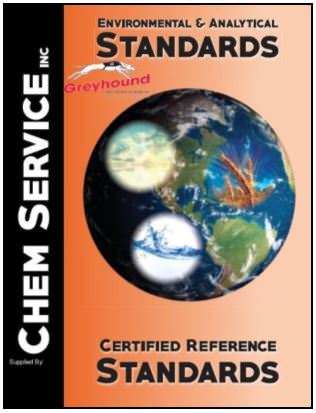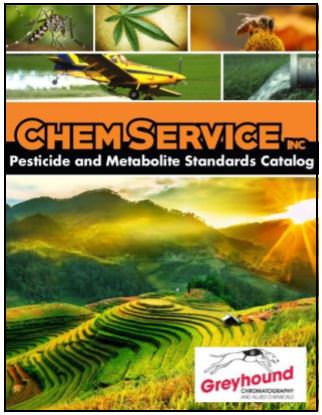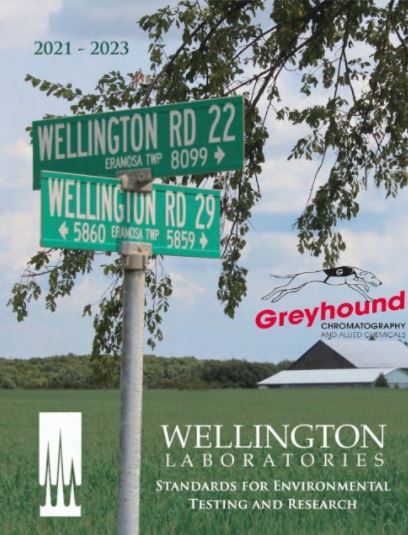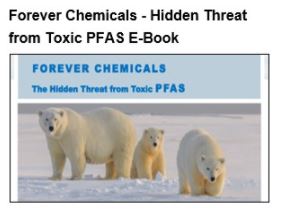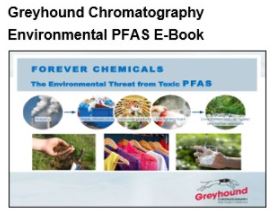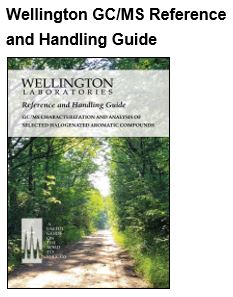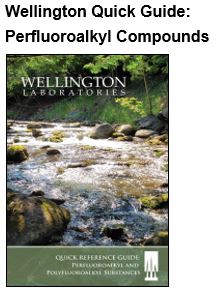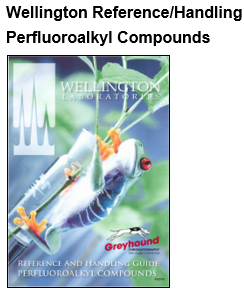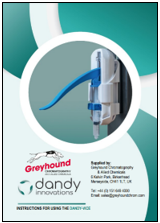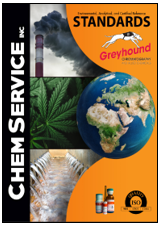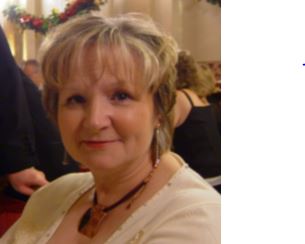Now that ‘single use’ is the word of the year, plastics days are numbered
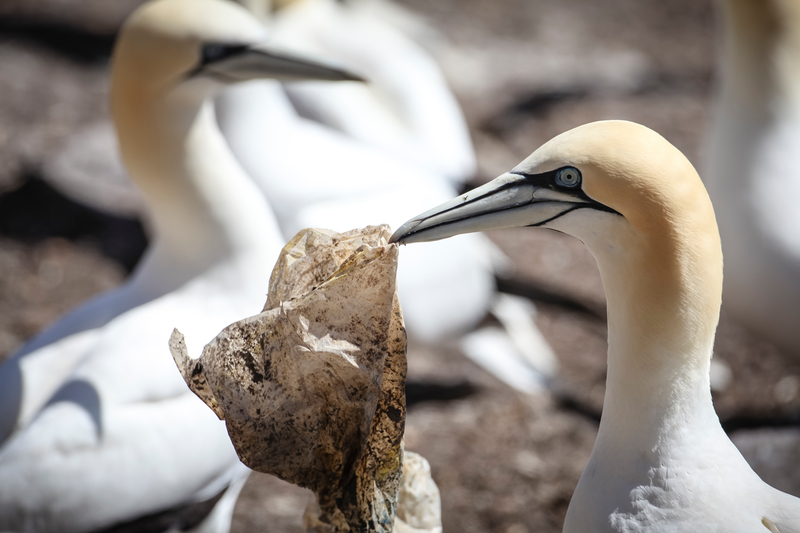
Single Use Word of the Year 2019
The term ‘single-use’ has become has become synonymous with plastic in the past few years, as evidence gathered by scientists and campaigners has gradually revealed how single use plastic drinks bottles, bags and food wrappers are causing a plastic pollution pandemic.
That single-use is the word of the year demonstrates the seismic shift in public awareness of our plastic pollution problem. And it’s a clear sign that single-use plastic’s days are numbered.
For too long, our focus was on recycling, rather than reducing the amount of throwaway plastics created in the first place. And public awareness of the scale of the problem remained low. But that ambivalence has been blown out of the water by the dramatic scenes of littered beaches, injured sea life, and tangled sea birds, exposed by environmentalists.
Then came the finding that plastic had been found in the world’s deepest ocean trench, as well as in Arctic ice. And more recently it was even discovered micro plastics are entering our bodies – through food and water, even the air we breathe.
Plastic was under the spotlight, and people began to ask more questions about recycling and if it was working. Journalists exposed that much of the plastic wrapping our food and household products is simply not recyclable. And plastic from UK households can end up being exported to countries like Malaysia and then abandoned in open air waste dumps, or even burned. The stark reality is that only 9% of the plastic that has been produced globally since 1950 has actually been recycled.
It is clear now that our throwaway culture is getting out of control. We are producing more waste that we can handle, and it is piling up at ports as other countries close their door to our mounting rubbish problems. Single-use plastic is an extreme example of our throwaway culture. Plastic such as this may exist in our oceans for hundreds of years after being used once, for just minutes.
The old phrase ‘reduce, reuse, recycle’ still applies as the gold standard in responsible consumption today. ‘Single-use’ plastic is the first type of plastic that must be ‘reduced’, because it cannot be ‘reused’ and much of it isn’t recycled. To stem the growing tide of plastic pollution we need to break away from our throwaway culture and revisit our relationship with waste.
Many thousands of people have been inspired by the campaign to take personal action to shift away from single use plastic in their own lives, and they expect businesses to match their efforts. Big companies are now coming under unprecedented pressure to reduce their unnecessary plastic packaging, and find better solutions to consumer needs.
Greenpeace supporters in their thousands have been joining others in dumping pointless plastic packaging from their weekly shop at the checkout, and supermarkets have been responding. The government has been taking stock on our plastic problem too, and unprecedented numbers of people responded to its recent consultation on taxing plastic.
The message is getting through. But it’s now time for companies and the government to match the ambition and energy of the public, and act to protect our oceans and future generations from spiralling plastic pollution. That means the government must urgently act to eliminate non-recyclable plastic and set firm targets for year on year reduction of single-use plastics.
Ordinary people have helped push the issue of single-use plastics right to the top of the news agenda and people’s newsfeeds, making single-use the word of the year. Our power to make consumer choices is important, but we also need the government and companies to act on demand from the public to solve this crisis. If they don’t and our throwaway culture remains, our plastic use is predicted to quadruple by 2050 – a scenario that would spell disaster for our oceans and the incredible array of creatures that live there. Let’s make sure that doesn’t happen.
Greenpeace - Posted by Louise Edge - 8th November 2018
CONTACT US
Tel: +44 (0) 151 649 4000
Email: marketing@greyhoundchrom.com
FOLLOW US
YOU MAY ALSO BE INTERESTED IN OUR NEWSLETTER
About The Author
Susan Massie, Sales & Marketing Director, Greyhound Chromatography and Allied Chemicals Email: sue@greyhoundchrom.com
Susan Massie is the Sales & Marketing Director for Greyhound Chromatography and Allied Chemicals, affectionately known as 'Greyhound' in our scientific community. Greyhound was founded by Susan's husband Paul Massie almost 40 years ago, Susan hasn't been in the business for all of that time but has been involved with Greyhound for over 17 years. Greyhound continues to grow, expanding into new markets and taking on the challenges of our ever changing environment. It's heartwarming to witness the world waking up to the fact that we are damaging our planet on a daily basis. Every action we take has a direct effect on our planet and the world we leave behind for future generations. Susan is passionate about climate change and is happy to work in an industry that can have a direct effect on reducing the impact of our actions on the environment. All of the team at Greyhound take our responsibilities very seriously, the products that we supply are used by the world's leading scientists and chemists as they endeavour to monitor and repair the environment. All is not lost, if we all take responsibility for our actions, from reducing our waste and reusing or recycling our material collateral we can make a difference. The internet is full of useful advice and guidance, Susan is proud to contribute to that wealth of knowledge whenever she can.
Greyhound prides itself on personal service which provides prompt, efficient, cost-effective, safe delivery of all products. Greyhound provides technical advice and distribution of Certified Reference Standards and Materials, Laboratory Consumables, Solvents and Reagents across all scientific disciplines. Greyhound Chromatography offers over 1 Million products from its UK warehouse. The team at Greyhound are proud to support the work of the world's leading scientists and chemists as they challenge the abuse of our planet and try to make a difference to the world we leave behind for our ancestors.
You can view Susan's Linked In Profile here https://www.linkedin.com/in/susan-massie-79ab4121/


